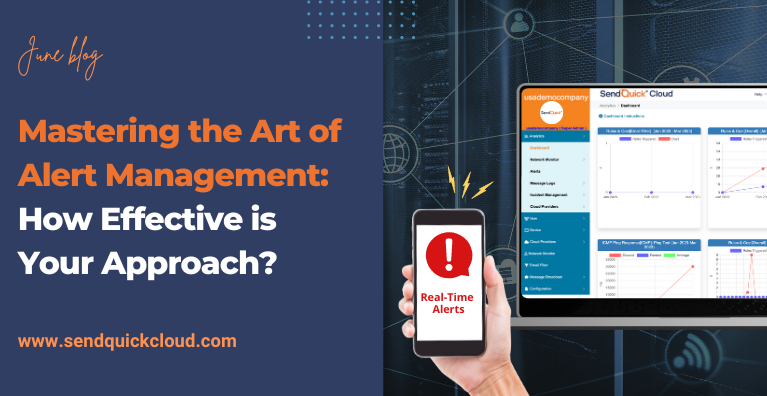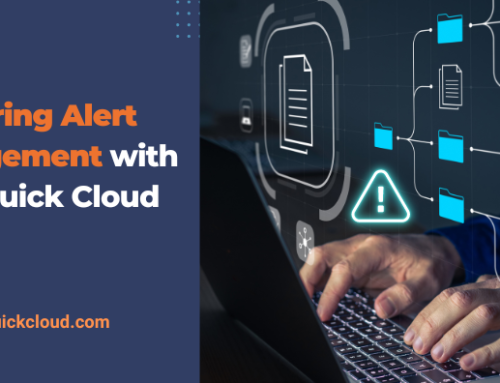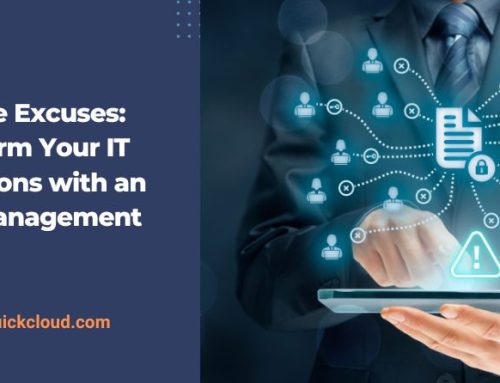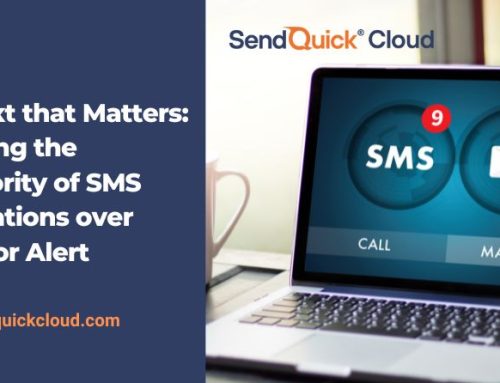Alerts are an important aspect of IT systems that require attention but may not demand an immediate response. Effective IT alert management involves consolidating and handling these alerts to ensure the appropriate person investigates potential issues. However, many companies struggle to manage their alerts efficiently, increasing conflict resolution time. What can a company do to improve their IT alert management?
IT Alert Management Practices
To enhance IT alert management and establish a more streamlined process, several practices can be implemented.
Creating a Process to Manage Alerts
The most basic thing that any company can implement is to have a process to manage and address alerts. Companies should establish a structured process to manage and address alerts as they arise. This can be achieved through a ticketing system where a case ID is assigned and IT employees on duty can acknowledge that each case has been received and they are working on it.
Manage Alerts Based on Importance
It is crucial for employees to differentiate between critical alerts that require immediate attention and less important alerts, preventing them from becoming overwhelmed by the sheer volume of notifications from IT monitoring systems. Managing alerts based on importance can help employees visualize which alerts need to be urgently addressed.
Better Communication
Companies can improve their IT incident management by facilitating effective communication between IT support staff and employees. Swift and efficient messaging is essential, ensuring that relevant information is conveyed promptly and concisely. By adopting an alert system that delivers messages efficiently, the time lag between issue identification and resolution can be significantly reduced.
Automation
An effective approach is integrating automation into the cloud-based IT systems, eliminating the need for manual processing, and reducing staff workload. Competent IT alert management systems offer powerful tools to assist in various aspects of this process, such as implementing conversational messaging or prioritizing alerts based on their importance.
If you want to improve your IT alert management, SendQuick Cloud is the ideal solution for your business. SendQuick Cloud works with almost any IT monitoring system to manage the alerts that are sent by them. It automates alert management and incorporates all the improvements mentioned in this article into a single platform. With SendQuick Cloud, incident management workflows are optimized, allowing IT staff to stay informed about raised issues and their acknowledgment by relevant personnel.
The system also enables the creation of email filters to relay only necessary alerts and information to employees, mitigating alert fatigue. Through features like email-to-text conversion and omnichannel messaging capabilities, SendQuick Cloud ensures effective communication with employees via their preferred mode of contact.
This feature also allows it to seamlessly acts as an email to SMS gateway. Additionally, SendQuick Cloud’s roster management automates the process of sending alerts to relevant personnel by allowing easy configuration of employee shifts by the IT staff. By implementing these practices and leveraging tools like SendQuick Cloud, companies can significantly enhance their IT alert management systems, resulting in faster conflict resolution and improved operational efficiency.
Contact us and learn more about SendQuick Cloud at https://www.sendquickcloud.com/




